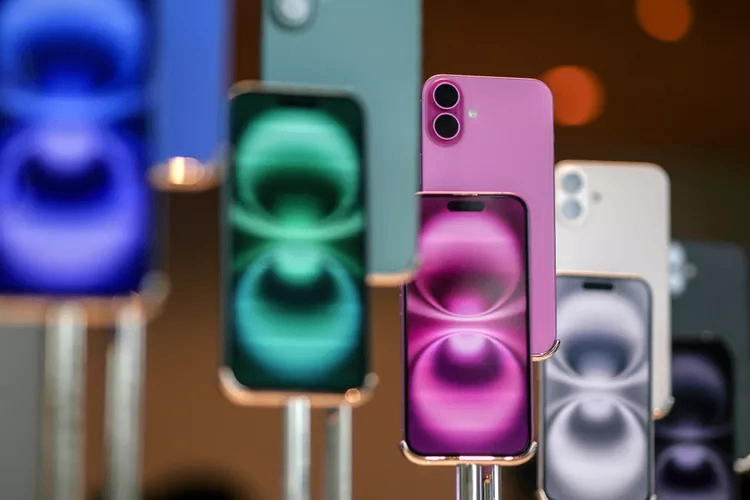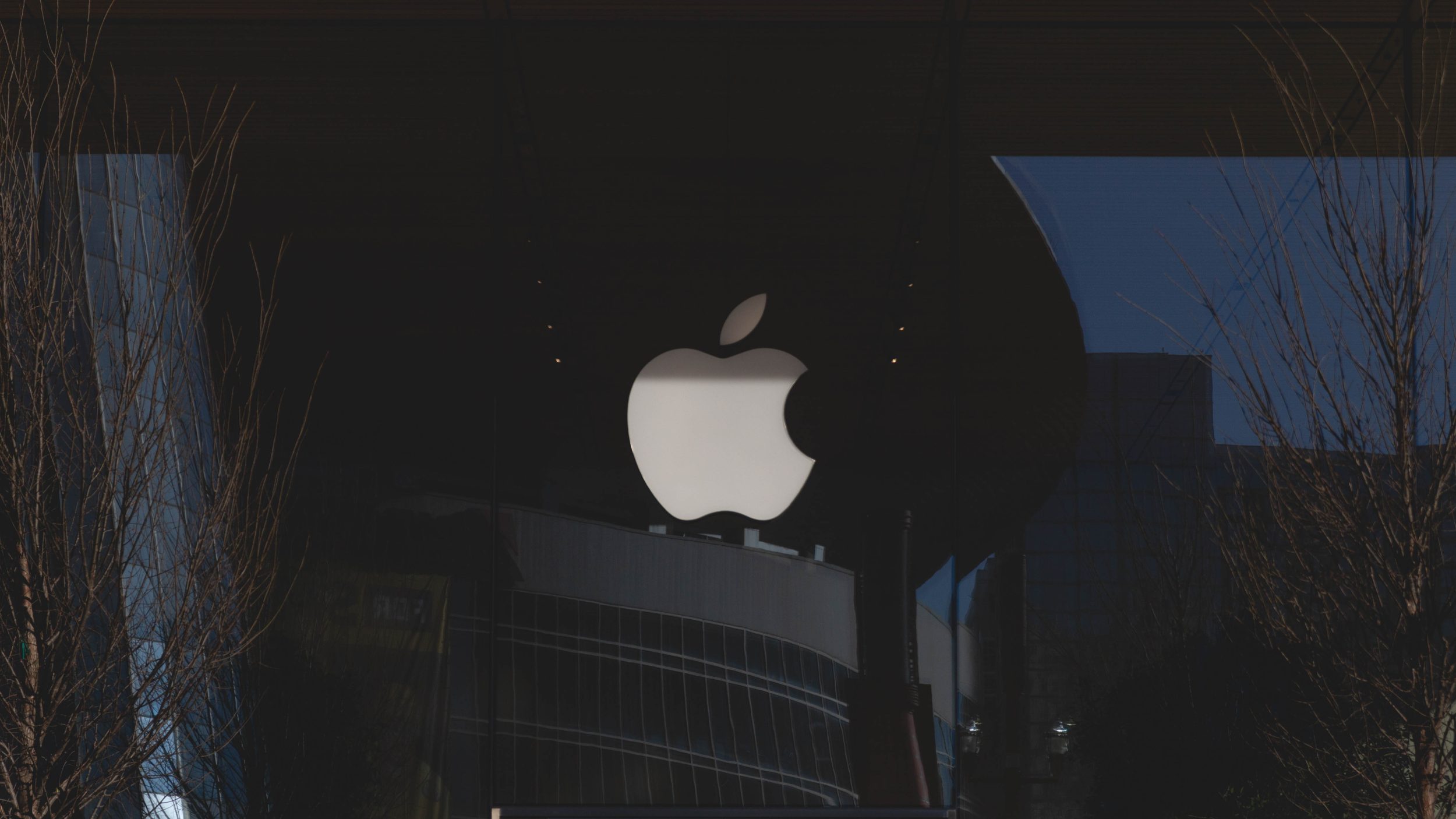iPhone 16 Delivery Times Shortest in Three Years, Wall Street Worries About Demand
Statistically, after three days on the market, the average lead time for the iPhone 16 is 15.2 days. This compares to an average lead time of 25.7 days for the iPhone 15 series at the same time last year and 18 days for the iPhone 14 series in 2022.
Apple's latest AI-powered handset, the iPhone 16 series, has been on sale since September 20, but early sales figures have disappointed some Wall Street analysts.
According to the investment firm, delivery times for Apple's iPhone 16 are now significantly lower than the past three iPhone cycles. In the U.S. market, for example, according to statistics, after three days on the market, the average delivery time of the iPhone 16 is 15.2 days. In comparison, the average delivery time for the iPhone 15 series during the same period last year was 25.7 days, and the average delivery time for the iPhone 14 series in 2022 was 18 days.
Analysts believe that while shorter delivery times may be good for consumers, they also send a signal that consumer demand for Apple's latest smartphones is lower than its predecessors.
Morgan Stanley analysts, led by Erik Woodring, said, “Internationally, iPhone 16 lead times show a similar picture - the current average lead time is 16.3 days, compared to last year's iPhone 15 lead time of 28.5 days, and in every region we track, delivery times are down from a year ago.”
UBS analysts have noticed a similar trend.
In an investor report, UBS analysts noted that typically at this stage of the release cycle, wait times for high-end models increase month-over-month as demand remains relatively stable. However, wait times for the high-end models of the iPhone 16 (Pro and Pro Max) in the US also did not show a significant rise like the high-end models of the iPhone 14/15.
UBS further noted, “If demand doesn't improve, the 6% increase in iPhone revenue forecast by Visible Alpha Consensus in the December quarter (corresponding to a market growth rate of more than 6%) appears to be at risk, in our view.”
In their report, Morgan Stanley analysts concluded, “Of course, iPhone deliveries this early still have very limited predictive power for the full cycle, but given the facts we have so far, and despite reports from TMUS and India showing strong demand for the early iPhone 16, our view on iPhone manufacturing is skewed more toward the negative than the positive.”

All things considered, the early sales prospects for Apple's iPhone 16 seem worrisome, but there are two other things to consider.
First, Apple may simply be better prepared for iPhone demand this time around, meaning it's able to ship faster than in previous years.
Second, iPhone users may simply be holding off on buying the iPhone 16 series because Apple Intelligence hasn't launched yet. The major update to the iPhone this year lies in its Apple Intelligence, and that feature is expected to roll out in stages with the iOS 18 update starting in mid-October this year.
Apple's iOS 18.1 is expected to be released in mid-October, when the first wave of Apple Intelligence features will be revealed. The first features will include a new version of Siri, summaries for text messages and other notifications, and word options for rewriting and summarizing text documents.
UBS believes that demand for the iPhone 16 series is likely to remain below average until the release of iOS 18.2 in early November.
Next, analysts will be closely monitoring consumer feedback on Apple Intelligence. If the feedback is on the positive side, it is likely to drive demand for more iPhone 16 handsets, and vice versa demand may fall further.
Additionally, the upcoming holiday season will also need to be focused on, as it is usually one of the most important indicators of consumer response to the device. If iPhone 16 sales slow down during this period, then Apple really needs to worry.
·Original
Disclaimer: The views in this article are from the original Creator and do not represent the views or position of Hawk Insight. The content of the article is for reference, communication and learning only, and does not constitute investment advice. If it involves copyright issues, please contact us for deletion.
















